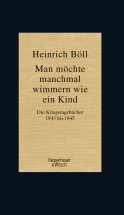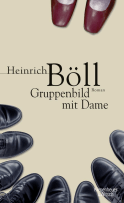
The Tank Aimed at Kafka. Heinrich Böll and the Prague Spring
50th Anniversary of the Prague Spring in 2018
All of Heinrich Böll’s interviews and written statements on the Prague Spring, edited by René Böll and with numerous illustrations and photographs.
On 20 August 1968, at the invitation of the Czechoslovakian Writers’ Union, Heinrich Böll trav-eled to Prague. His visit to the Czech Republic took a dramatic change when shortly afte his arrival the troops of the Warsaw Pact moved in and the occupation began.
Böll, together with his wife Annemarie and son René, spent four days in the city where the dream of “socialism with a human face” was brutally shattered. The resistance at every social strata of the population in Prague made a deep impression on him. Böll did what he could to express his solidarity, speaking on the radio and describing his observation of the events for local newspapers. When he left, he promised his fellow writers in Czechoslovakia to report on and write about what he had seen, as much and as often as possible. Böll kept his word. The results of his commitment are collected for the first time in this book.
In addition to the interviews and essay-like commentaries published or broadcast at the time, the volume also includes previously unpublished journal entries, letters and notes by the au-thor. This material is enhanced with photographs by René Böll and memorabilia from those turbulent days in Prague.
Czech Republic: Academia Nakladatelství
- Publisher: Kiepenheuer&Witsch
- Release: 07.06.2018
- ISBN: 978-3-462-05155-1
- 224 Pages
- Author: Heinrich Böll
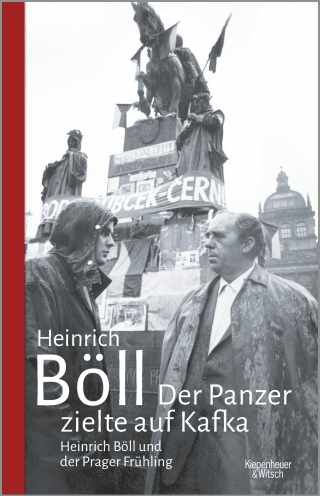
Further Titles

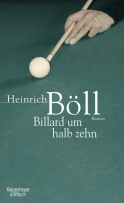
Billiards at Half-Past Nine
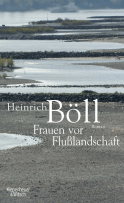
Women In a River Landscape
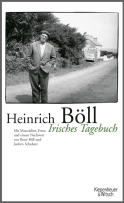
Irish Journal
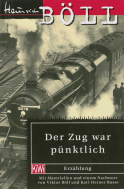
The Train Was On Time
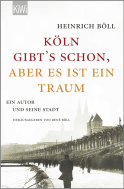
Cologne Exists, But It’s a Dream
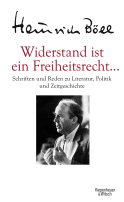
Opposition is a Civil Liberty...
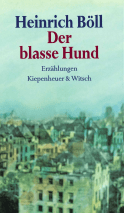
The Mad Dog
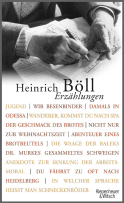
Stories
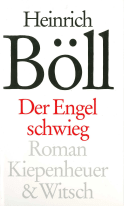
The Silent Angel
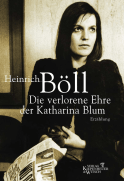
The Lost Honour Of Katharina Blum
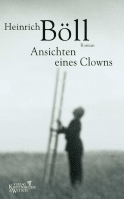
The Clown
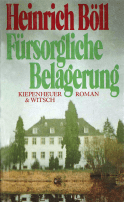
The Safety Net
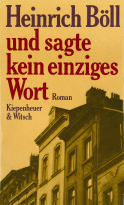
And Never Said A Word
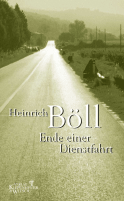
End of a Mission
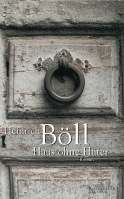
The Unguarded House
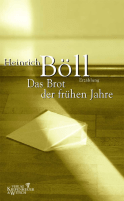
The Bread Of Those Early Years
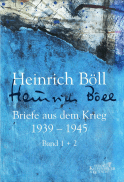
Letters From the War 1939-1945
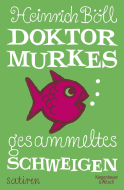
Murke's Collected Silences
